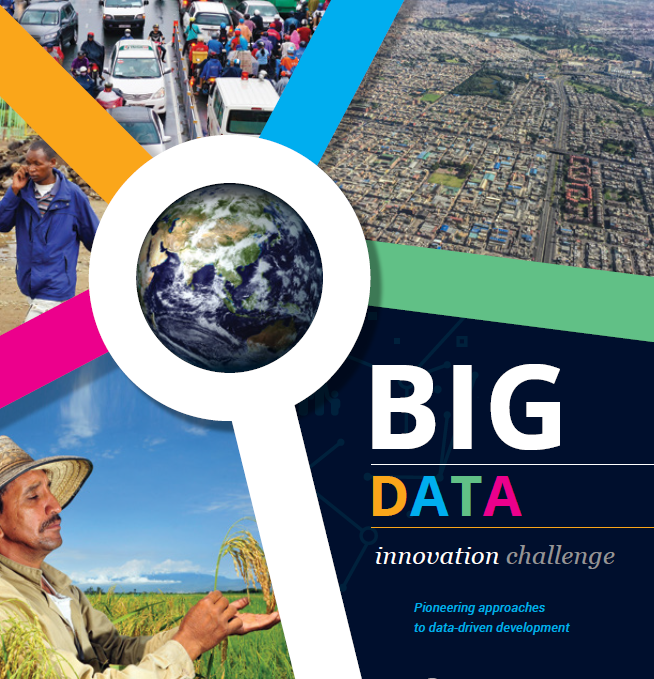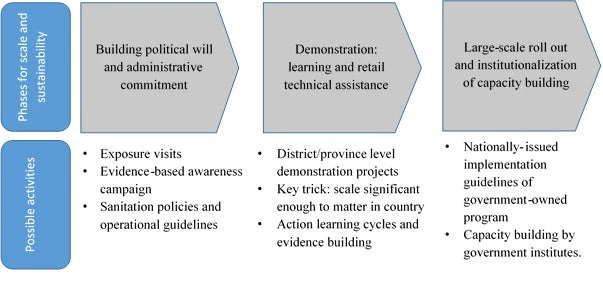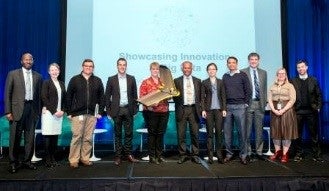If you want to do something fast, do something that has already been done. If you want to hardwire a data innovation into World Bank Operations, be prepared to involve others in a process of learning by doing. – Holly Krambeck, Senior Transport Specialist, WBG
As the world grows more connected, data flows from a multitude of sources. Mobile networks, social media, satellites, grounds sensors, and machine-to-machine transactions are being used along with traditional data--like household surveys--to improve insights and actions toward global goals.
At the World Bank, a cadre of pioneering economists and sector specialists are putting big data in action. Big data sources are being harnessed to lead innovations like:
- satellites to track rural electrification, to monitor crop yields and to predict poverty;
- taxi GPS data to monitor traffic flows and congestion
- mobile phone data for insights into human mobility and behavior, as well as infrastructure and socio-economic conditions
These stories and others are chronicled in a new World Bank publication Big Data Innovation Challenge.
Main Takeaways
These case stories demonstrate that big data solutions can improve development effectiveness and help World Bank operations achieve better results. Each of the stories testify to the value of teamwork and persistence. A consistent thread throughout highlights:
- Plan meticulously to collect, process and analyze data
- Big data analytics complements traditional research techniques, and even drives the need for more traditional data to calibrate and train machine learning models
- Public-private partnerships are necessary to unlock private sector data and to promote responsible access and use
- Utilizing both human and computing power yields optimized results
- Data science is a team sport that requires interdisciplinary collaboration between data scientists, technologists and sector specialists.
From Inspiration to Operations
The projects profiled evolved from a World Bank sponsored (internal) Big Data Innovation Challenge. Finalists were awarded funding, recognition, and technical assistance to hardwire their innovations into operational capabilities.
The path to scale involves a rich process of learning. The big data program works to support this process through co-creation of knowledge and innovation acceleration tactics. For instance, a new approach like remote sensing to predict crop yield begins with field research to validate the measurements. Once validated, implementation knowledge, including algorithms and good practice are codified and packaged for easy replication and adaptation, and disseminated through peer-to-peer, and organization to organization knowledge exchange fora.

We are confident many of these initiatives will roll-out to both World Bank’s own systems as well as in our country client systems over time. The pathways to scale will not be easy or straightforward, and key capabilities needed to develop, use, and sustain these big data solutions will take time to mature. We remain convinced that our clients will find value in using these big data solutions to complement, enhance and even replace traditional approaches. As some of these solutions will be better, faster, or cheaper, compared to the traditional alternatives. We hope the development community and others will find inspiration from the experiences profiled in Big Data Innovation – Pioneering Approaches to Data-Driven Development. Feel free to reach out to Adarsh Desai (@adarshdesai) or Trevor Monroe (@tremon28) for information on the program.




Join the Conversation